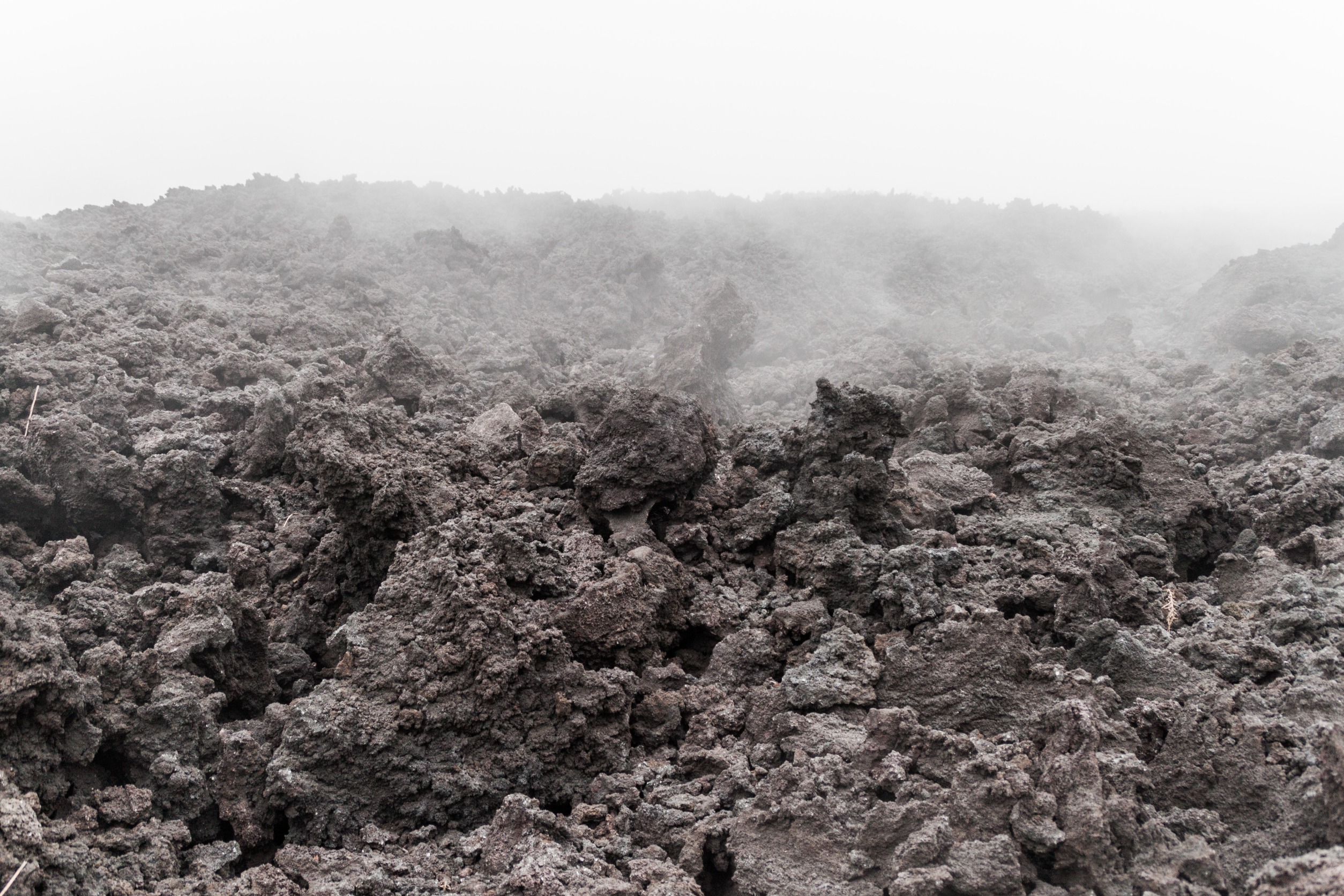How long should we live with grief before asking for help?.
David Servan-Schreiber | November 2009 issue
Lynne is in great distress and is seeking help. Her story is heartbreak_ing. At 6 o’clock in the evening, her 10-month-old baby had a fever and seemed really sick. Over the telephone, after a few quick, specific questions, the pediatrician reassured her, “It doesn’t sound very serious. A little Tylenol tonight and we’ll see you tomorrow morning.”
At 11 p.m., the baby was no better and Lynne was having trouble getting him to open his eyes. Despite the late hour, she decided to call the pediatrician at home. Clearly irritated at this intrusion, he answered that nothing major had changed. He told her to give the child a little more Tylenol and bring him into the office the next morning.
Lynne was still worried. She decided not to go to bed and settled down in an armchair in the living room to keep an eye on her son. Holding him to her breast while she rubbed his back, she felt his breath—too warm—against her neck. At 5 in the morning, she woke with a start, furious with herself for dozing off. The child she held in her arms was dead.
Since then, Lynne had gone virtually sleepless. What little sleep she got was troubled by nightmares. During the day, scenes of that last night with her son flashed through her mind. Her throat and stomach tightened. She blamed herself for being a bad mother. Why hadn’t she disregarded the pediatrician’s advice and taken the baby to the hospital? She didn’t think she could go on living with her pain. Sometimes, she could feel her son’s hand in hers or his breath on her cheek. She wondered if she was going mad. Finally, Lynne went to see a therapist.
The diagnosis was easy: traumatic bereavement. If Lynne had suffered that way for two years, nobody would hesitate to offer treatment to help her work through her grief. If it had lasted six months, some people would ask, “Has she mourned long enough?” And if it had lasted three months? In Lynne’s case, only three weeks had gone by. Should she be sent home with her suffering? “Sorry, your pain is a reaction to the loss of a loved one and it must follow its normal course. You haven’t suffered long enough to get help right now. Come back and see me when your grief has lasted at least six months.”
Who’s to decide how long someone else’s suffering should go on? We know that fewer than eight sessions of grief-focused therapy are needed to relieve the symptoms of traumatic bereavement in more than 80 percent of cases. What benefit is there in depriving a grieving person of potential relief? Does a therapist have the moral right to refuse treatment to someone who asks for help?
Patients who have lost a loved one often feel their grief is a way of honoring the memory of the departed. But after several weeks, what would Lynne’s son have wished for his mother? By the end of the therapy sessions, Lynne had found the answer to this question. “I no longer feel blocked by the horrible scenes of that last night with him. I can see again now the sweet and tender moments we shared. I’m grateful for everything he meant to me.” Then she put her hand on her chest. “He’s at peace now, and I feel him in my heart. I’ll never forget him and he’ll always be with me. My life can go on.” Should she have waited six months?
David Servan-Schreiber is a French psychiatry professor and the author of Healing without Freud or Prozac and Anticancer.











